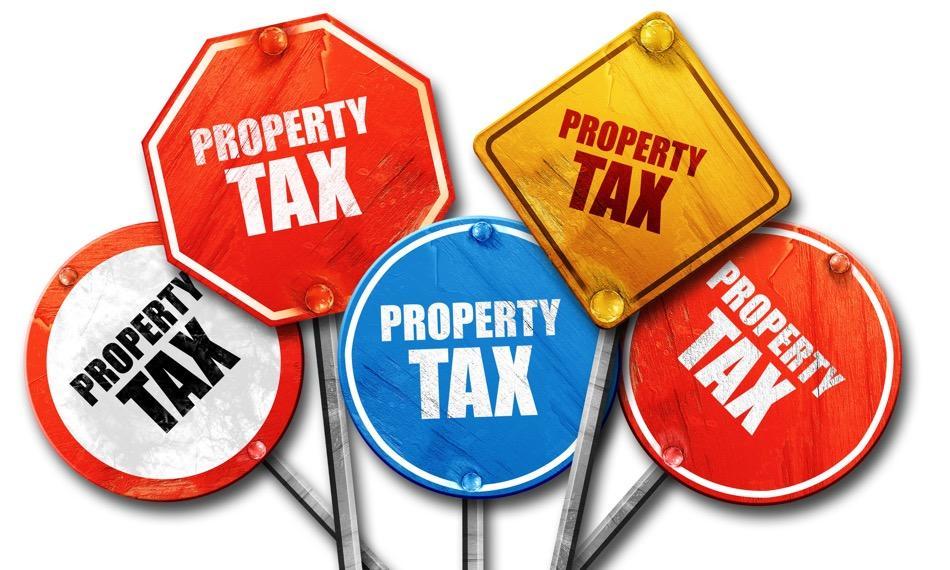The Problem:
“I can’t afford to own my own home! With inflation and property taxes going up, I find it difficult to stay above water. I am drowning.”
Consider these trends from the past decade found on itrlocal.org from across the state:
- Decatur County has lost residents, but they’ve still managed to collect 80% more property tax dollars from the taxpayers who stuck around.
- The Boone Community School District has fewer students, but they’re taking in 60% more property tax dollars for students no longer there.
- The City of Decorah has shrunk, but they too are growing their property tax revenue. It’s up over 65%.
There’s an honesty gap when it comes to property taxes. Local elected officials proudly say they aren’t increasing property tax rates. Does this mean your tax bill will stay the same too? Not likely. Their budgets ride the wave of increased assessments, and when that happens, people incorrectly blame the county assessor for larger tax bills.
Why it Matters:
Taxpayers feel helpless because it is too late to do anything about what they have to pay. When you get your bill, there is plenty of information provided on how it was calculated and who is getting your money.
Wouldn’t it be nice if those same local governments shared this information at the time when they’re making their budgets?
ITR’s Solution:
Direct notification. Once a taxing authority like a city, county, or school district has built its new budget, they have to tell each property owner what that budget would do to their tax bill and inform them of a public hearing’s date, time, and location to discuss the increase.
Will it Work?
Yes, Utah has successfully used direct notification since 1985 to slow the growth of property taxes. Kansas and Nebraska have recently passed similar legislation.
How Can Iowa Get Direct Notification?
The legislature will need to pass a bill to enact direct notification. Email your legislators and tell them Iowa needs a strong direct notification measure.
















